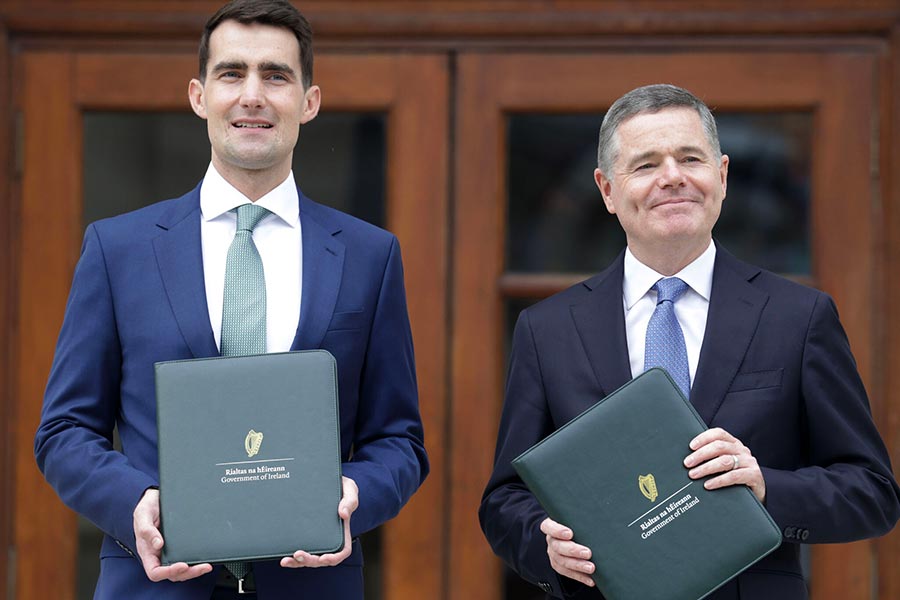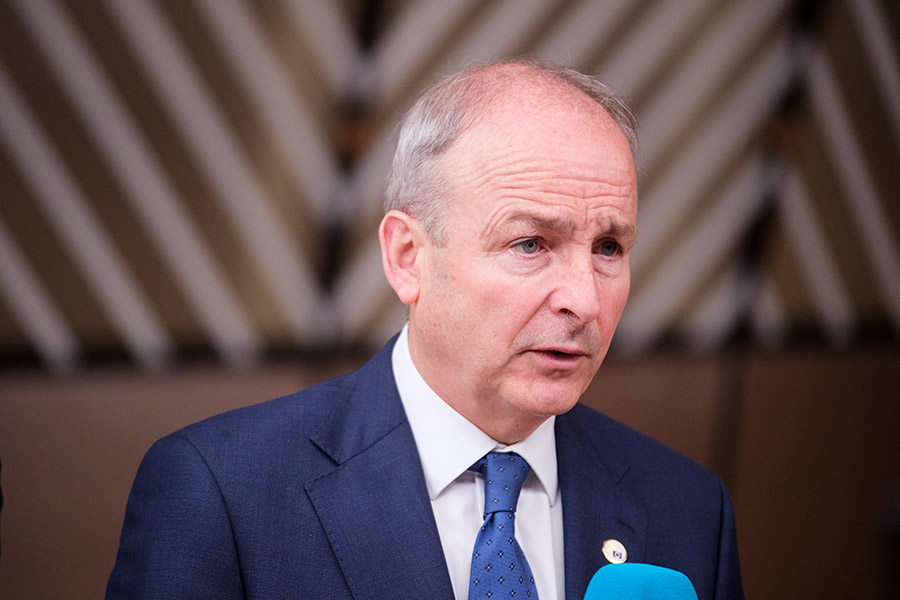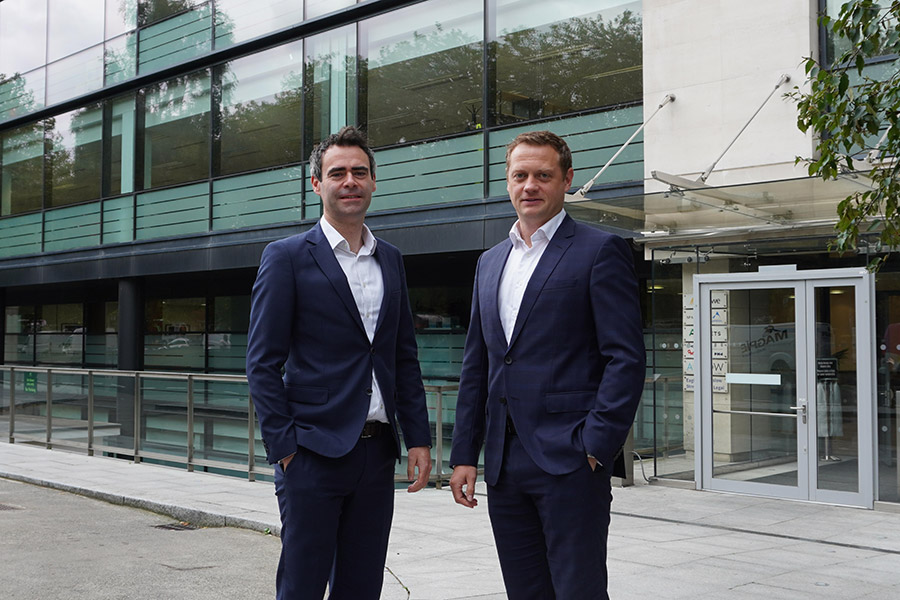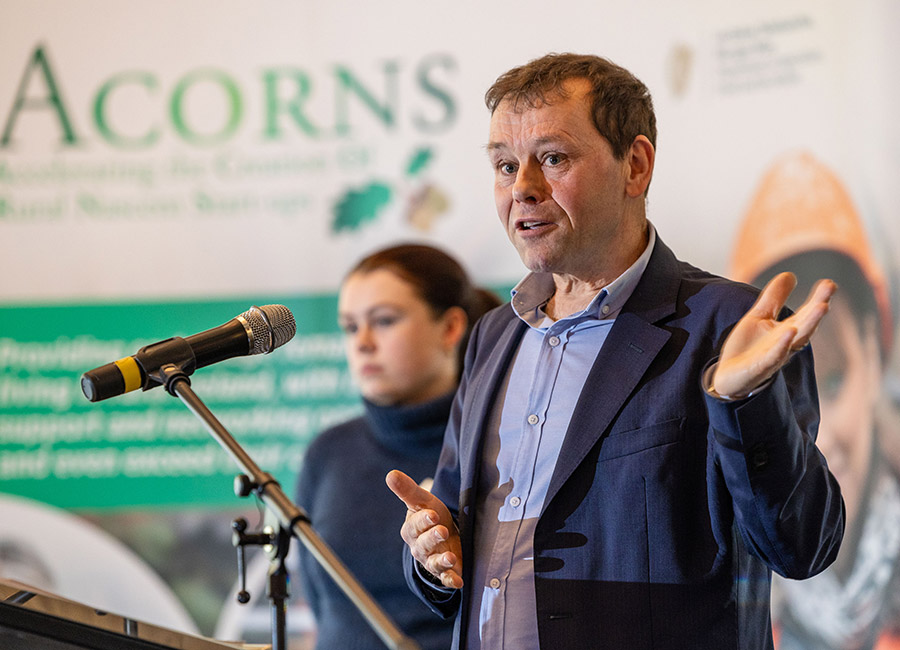Why Are British Irish Exporters Left Stranded Without Lifeline Support?
Ever wonder if a government budget can really turbocharge an economy, or if it’s just a fancy paper shuffle? Well, The British Irish Chamber of Commerce is betting big that this one can—especially with the promised €275 billion splashed across infrastructure and higher education investments through 2035. They’re not just dreaming, either; they’re calling for swift action to ensure these colossal investments aren’t just numbers on a spreadsheet but real game-changers felt across communities and businesses alike. With €19.1 billion earmarked just for 2026 to juice housing, energy, water, and transport projects, this budget could redefine the economic landscape — but the million-euro question is: will the delivery keep pace with the ambition? Add in a welcome tax break for hospitality, plus a helpful bump in R&D tax credits, and we’re looking at the makings of a growth story—if only the tax burdens on workers and investors get a friendlier shake. And those exporters facing US tariff headaches? They’re still waiting on some targeted relief. So as Paul Lynam from the Chamber puts it, it all boils down to one thing: delivering not just promises but results that ripple through every corner of the economy. It’s a bold vision but will it pass the test? You bet it’s worth keeping an eye on. LEARN MORE
The British Irish Chamber of Commerce believes Budget commitments on infrastructure delivery and higher education investment have the potential to “unlock higher productivity and drive long-term growth.”
The organisation representing businesses in Britain and Ireland said that the “key task now is to deliver at pace,” so that “the benefits are felt across the economy and in communities throughout the country.”
During his Dáil speech, Minister for Public Expenditure stated that the government would invest €275bn in infrastructure for housing, energy, water, transport and other areas between now and 2035, as outlined in the revised National Development Plan earlier this year.
Of the total allotted for infrastructure over the next decade, capital investment of €19.1bn will be deployed in 2026 across major projects in housing, water, the electricity grid, electricity supply and other sectors.
The Chamber also welcomed the reduced 9% VAT rate for food-led hospitality businesses and sales of completed apartments, the increase in the R&D Tax Credit from 30% to 35%, and the reform of stamp duty on shares.
However, it expressed concern at the balance between taxation measures and expenditure in the €9.4bn package, adding that workers, employers, and international investors will be disappointed that more was not done to ease the tax burden.
The Chamber cited challenges facing exporters dealing with the costs and uncertainty created by US tariffs, and the lack of targeted support for such companies in Budget 2026.
The body said that further measures delivered through the enterprise agencies would be required to protect jobs, support diversification, and maintain Ireland’s position in key markets.
“Business welcomes the Government’s commitment to capital investment. The priority now is delivery, because better housing, transport links, energy infrastructure, digital networks and research funding are the foundations of Ireland’s future growth,” said Paul Lynam, director general of the British Irish Chamber of Commerce.
“The overall balance of Budget 2026 remains too tilted towards higher spending and gives limited scope to support workers, employers and competitiveness through meaningful tax reform.
“In addition, exporters needed practical help to navigate the new tariff environment in the United States.

“We look forward to working with Government, Departments and agencies to ensure the economy remains resilient, that growth translates into real improvements for households, and that the benefits are felt across sectors and regions.”
Trade between Ireland, Northern Ireland, Scotland, Wales and England is worth €100bn per year and supports around 600,000 jobs.




















Post Comment